Black soldier fly larvae don't move
spaghetina
14 years ago
Related Stories

MOST POPULARHow to Get Rid of Those Pesky Summer Fruit Flies
Learn what fruit flies are, how to prevent them and how to get rid of them in your home
Full Story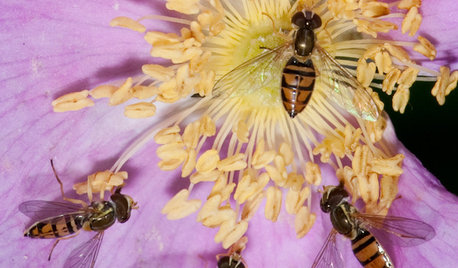
GARDENING GUIDESThis Fly Is One of the Most Beneficial Insects Around
Meet the syrphid fly, a colorful pollinator that also beats chemicals for controlling aphids and other garden pests
Full Story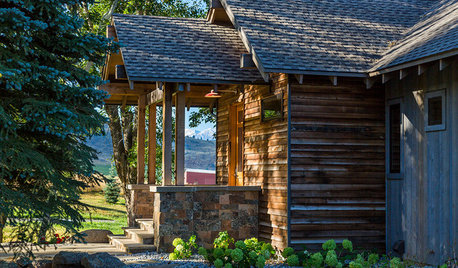
RUSTIC STYLEHouzz Tour: A Fly Fisher’s Dream Along the Yellowstone River
This new home combines local ranch style with contemporary elements, including energy efficiency
Full Story
WINDOWSFlying Colors: Stained Glass Through the Ages to Today
Ancient palaces sported it. Monks were distracted by it. But today's stained glass designs may be more glorious than ever
Full Story
LIFETips for Moving Into a Smaller Space
Downsize with less compromise: Celebrate the positive, pare down thoughtfully and get the most from your new home
Full Story
LIFEThe Moving-Day Survival Kit: Lifesaving Items and Niceties
Gather these must-haves in advance for a smooth move and more comfortable first days in your new home
Full Story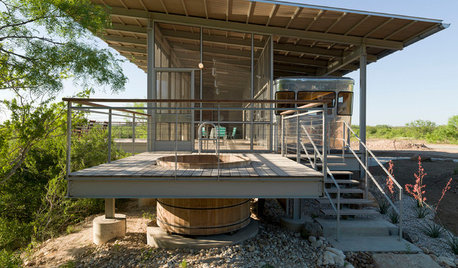
LIFERetirement Reinvention: Boomers Plot Their Next Big Move
Choosing a place to settle in for the golden years? You're not alone. Where boomers are going and what it might look like
Full Story
LIFE10 Best Ways to Get Organized for a Big Move
Make your next move smooth, short and sweet with these tips for preparing, organizing and packing
Full Story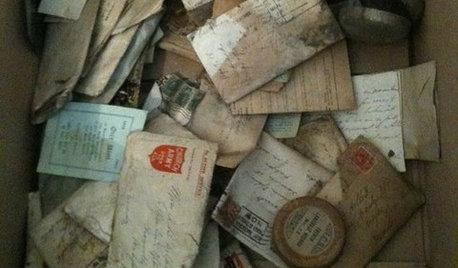
REMODELING GUIDESYou Won't Believe What These Homeowners Found in Their Walls
From the banal to the downright bizarre, these uncovered artifacts may get you wondering what may be hidden in your own home
Full Story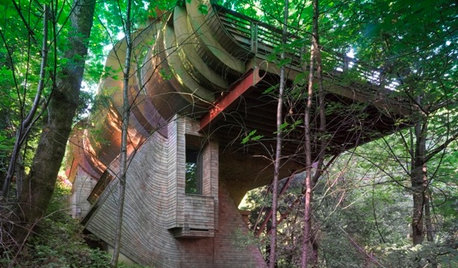
LIFEYou Said It: ‘It’s Different ... But Then, Aren’t You?’ and More Wisdom
Highlights from the week include celebrating individuality and cutting ourselves some decorating slack
Full StoryMore Discussions







Kimmsr
petalpatsy
Related Professionals
70037 Landscape Architects & Landscape Designers · Piqua Landscape Architects & Landscape Designers · River Forest Landscape Architects & Landscape Designers · Lorain Landscape Contractors · Middletown Landscape Contractors · Oakland Landscape Contractors · Round Lake Landscape Contractors · Setauket-East Setauket Landscape Contractors · Siloam Springs Landscape Contractors · Wayland Landscape Contractors · Four Corners Landscape Contractors · Columbia Decks, Patios & Outdoor Enclosures · Kansas City Decks, Patios & Outdoor Enclosures · Kyle Decks, Patios & Outdoor Enclosures · Richmond Decks, Patios & Outdoor EnclosuresspaghetinaOriginal Author
rj_hythloday
petalpatsy
spaghetinaOriginal Author
petalpatsy
spaghetinaOriginal Author
joepyeweed
petalpatsy
annpat
spaghetinaOriginal Author
petalpatsy
robert_thebiopod_com
pjames
claireplymouth z6b coastal MA
jolj